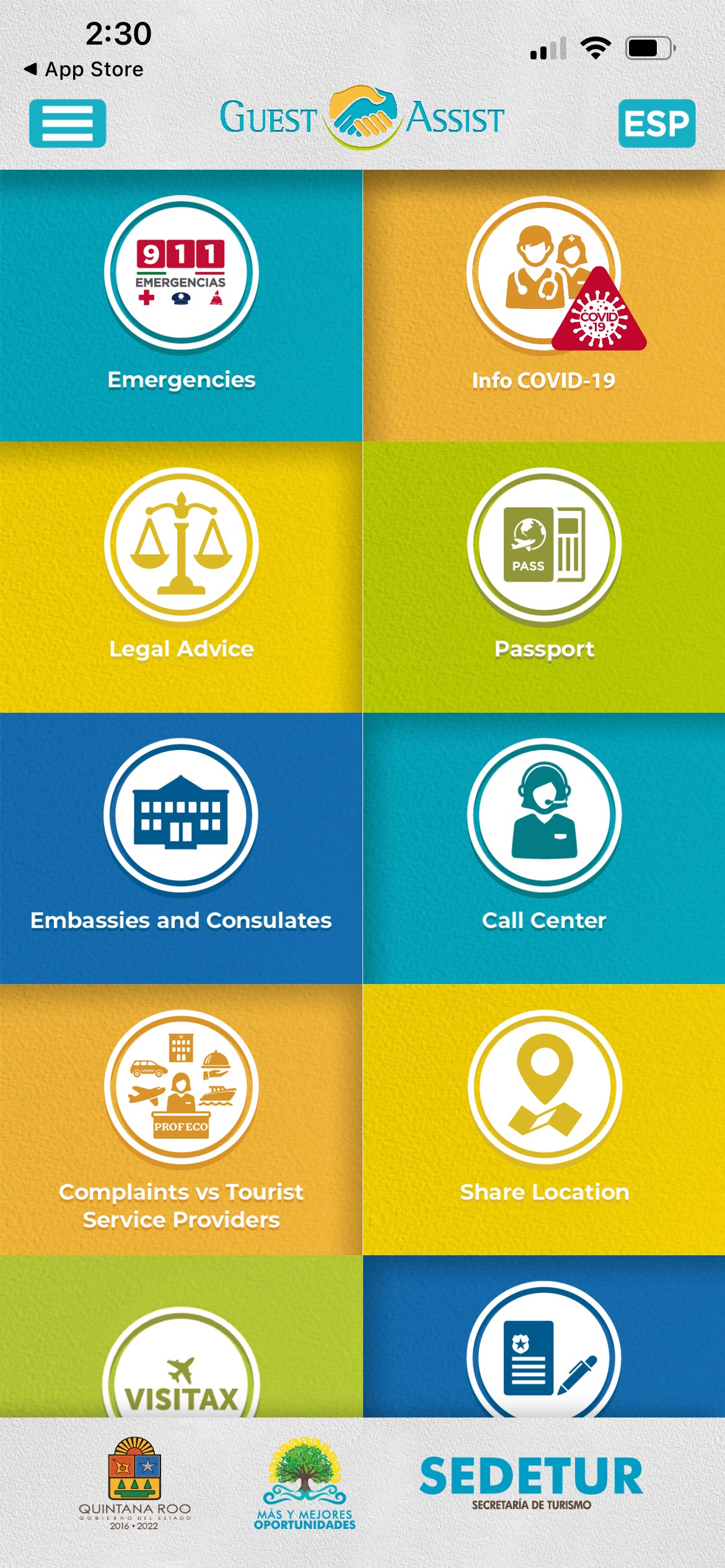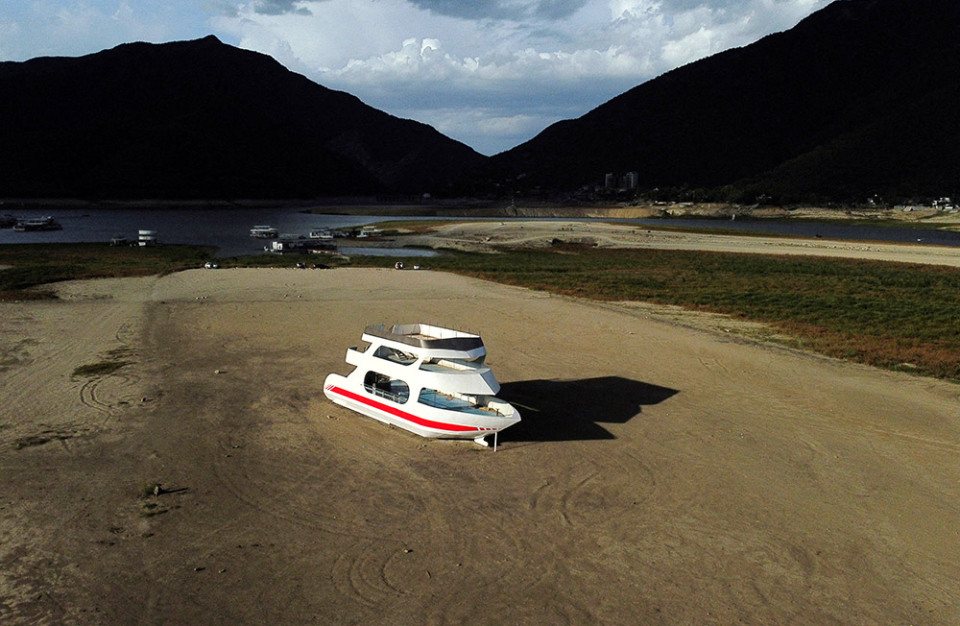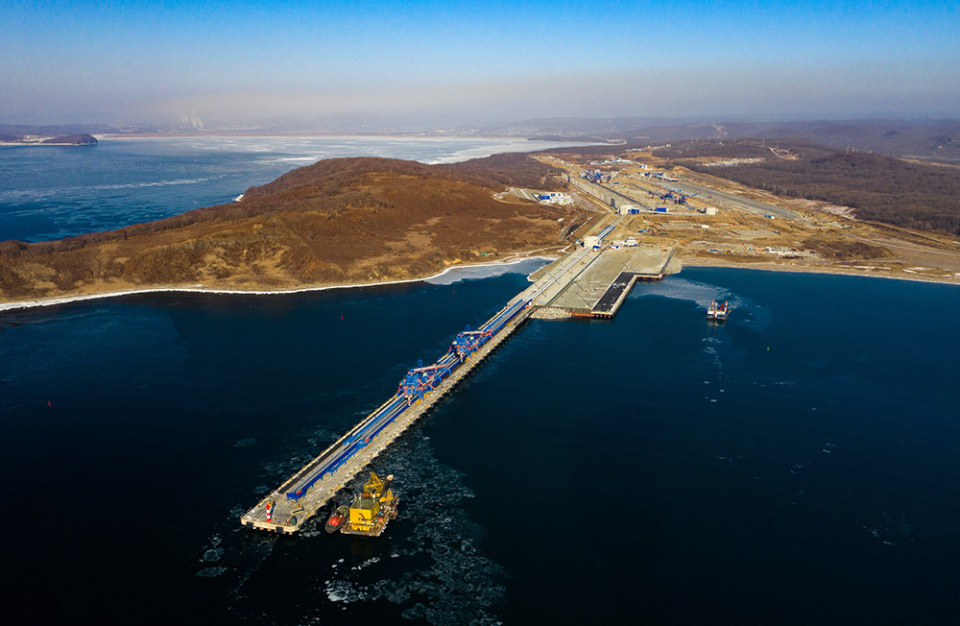The premise seems simple, according to Amtrak’s website: “Instead of being stuck in traffic on I-95, you and your vehicle could Get Carried Away on the Auto Train.”
Pack your car with everything you need for a vacation, drive to the Auto Train station in Lorton, Virginia (near Washington, D.C.), for an overnight trip to Sanford, Florida (near Orlando), and presto — you save 900 miles of driving during a 17 1/2-hour trip.
It sounds fantastic … until this week’s Auto Train nightmare.
Passengers who departed Lorton on Monday at 5 p.m. didn’t arrive in Sanford until Wednesday at 6 a.m. — a 20-hour delay.
In total, they spent 37 hours stuck on board, mostly in South Carolina, after an earlier derailment elsewhere on the line.
Reports of people and pets unable to disembark, passengers calling 911 to say they were being held hostage, and a single delivery of pizza during the entire two-day delay have rocketed through the news.
Here’s what we know so far about the incident, as well as information about train passenger rights.
What happened?
Amtrak’s overnight Auto Train was on its way from Virginia to Florida. However, according to Kimberly Woods, Amtrak’s senior public relations manager: “The Amtrak Auto Train had significant delays due to a CSX freight derailment in South Carolina. The train was detoured off its normal route in order to continue operating south, adding additional time to the trip.”
Although news outlets have reported many passenger complaints that include a lack of communication and access to outdoor space, Amtrak maintains that “Customers were provided regular updates, along with meals, snack packs, and beverages. Additional food from local businesses along the route was also provided during the trip. The onboard staff worked with pet owners to provide bathroom breaks.”
What rights do train passengers in the US have?
We hate to be the bearer of bad news, but as you may have already surmised, there are no passenger protections for rail travel in the U.S.
Much like Europe’s EU261 flight compensation laws for air travel, most European countries offer immediate compensation for rail delays. For example, in Germany, delays of just 60 minutes start the monetary compensation process.
The U.S. Department of Transportation very recently instituted new policies for U.S. airlines to make it easier for passengers to receive refunds for delayed flights. However, the department has not yet taken similar actions for rail travel.
It is up to Amtrak to work to offer restitution to passengers involved in this week’s train mishap. We reached out to the company for details on how it plans to compensate the passengers involved but have not heard back as of midday Wednesday.
Who regulates Amtrak?
There should be a simple answer for who regulates Amtrak, but it’s a little cloudy.
In 2015, in a Supreme Court case involving Amtrak and freight trains, Justice Anthony Kennedy wrote in the majority opinion, “Amtrak was created by the government, is controlled by the government, and operates for the government’s benefit.”
Additionally, the DOT oversees passenger rail service. However, according to the DOT, Amtrak is run as a for-profit company with the U.S. Secretary of Transportation (currently Pete Buttigieg) holding a seat on the 10-person board.
Взято отсюда





/cdn.vox-cdn.com/uploads/chorus_asset/file/24391491/Screenshot_2023_01_27_at_15.17.40.png) Chart: Google
Chart: Google









